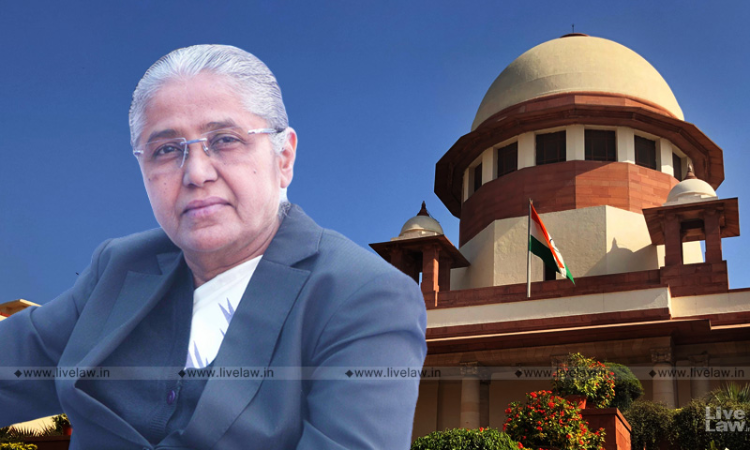- Home
- /
- Top Stories
- /
- Justice R Banumathi : Notable...
Justice R Banumathi : Notable Decisions
Viswajith Anand
18 July 2020 9:12 AM IST
Justice R. Banumathi, the fifth senior most judge of the apex Court, had her last working day on Friday, July 17.Her official date of retirement is coming on 19th of July (that is Sunday, a Court holiday). Justice Banumathi was elevated to the Supreme Court in the year of 2014 and was part of several land mark decisions. For nearly 42 months starting October 2014, Justice R Banumathi...
Next Story



